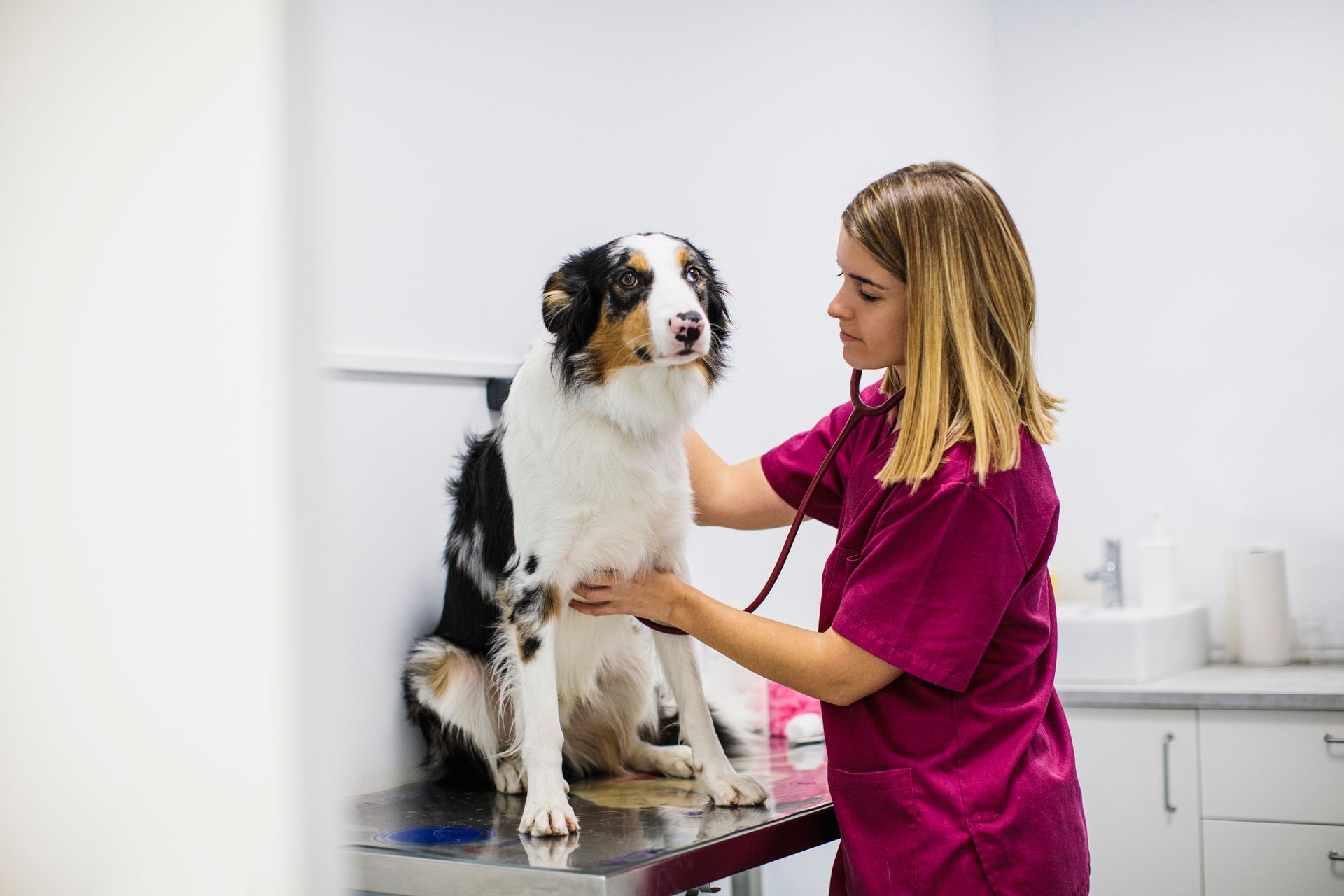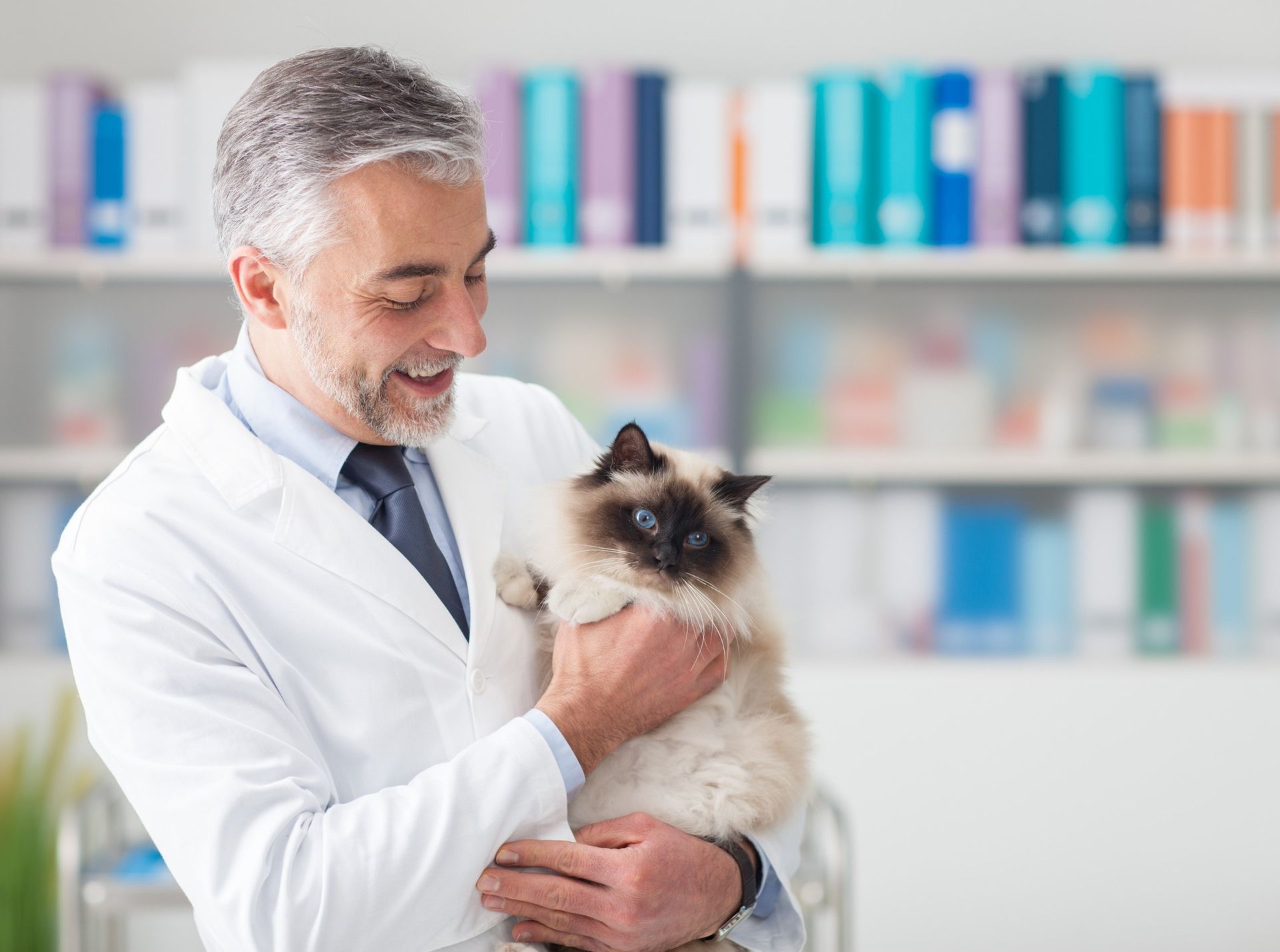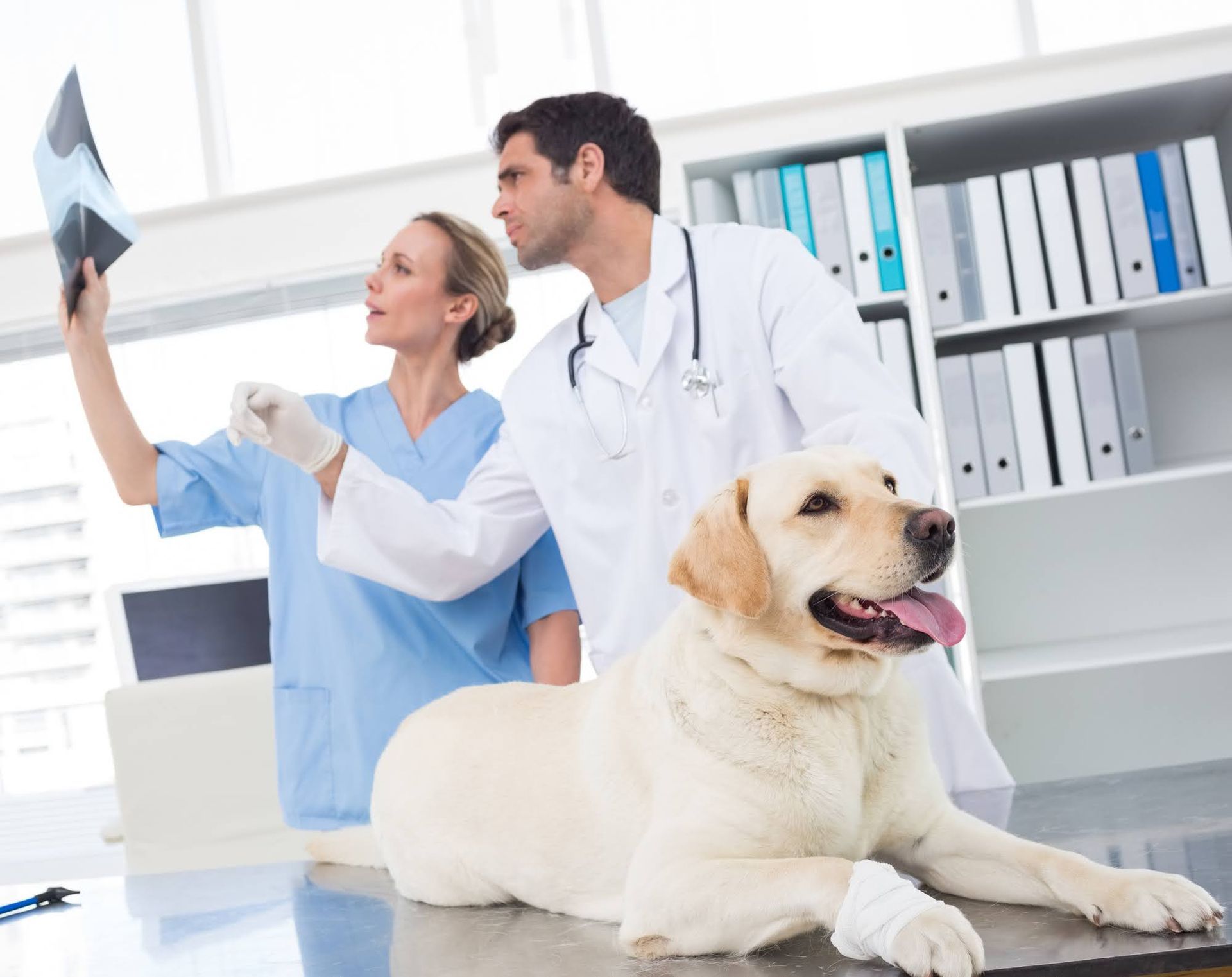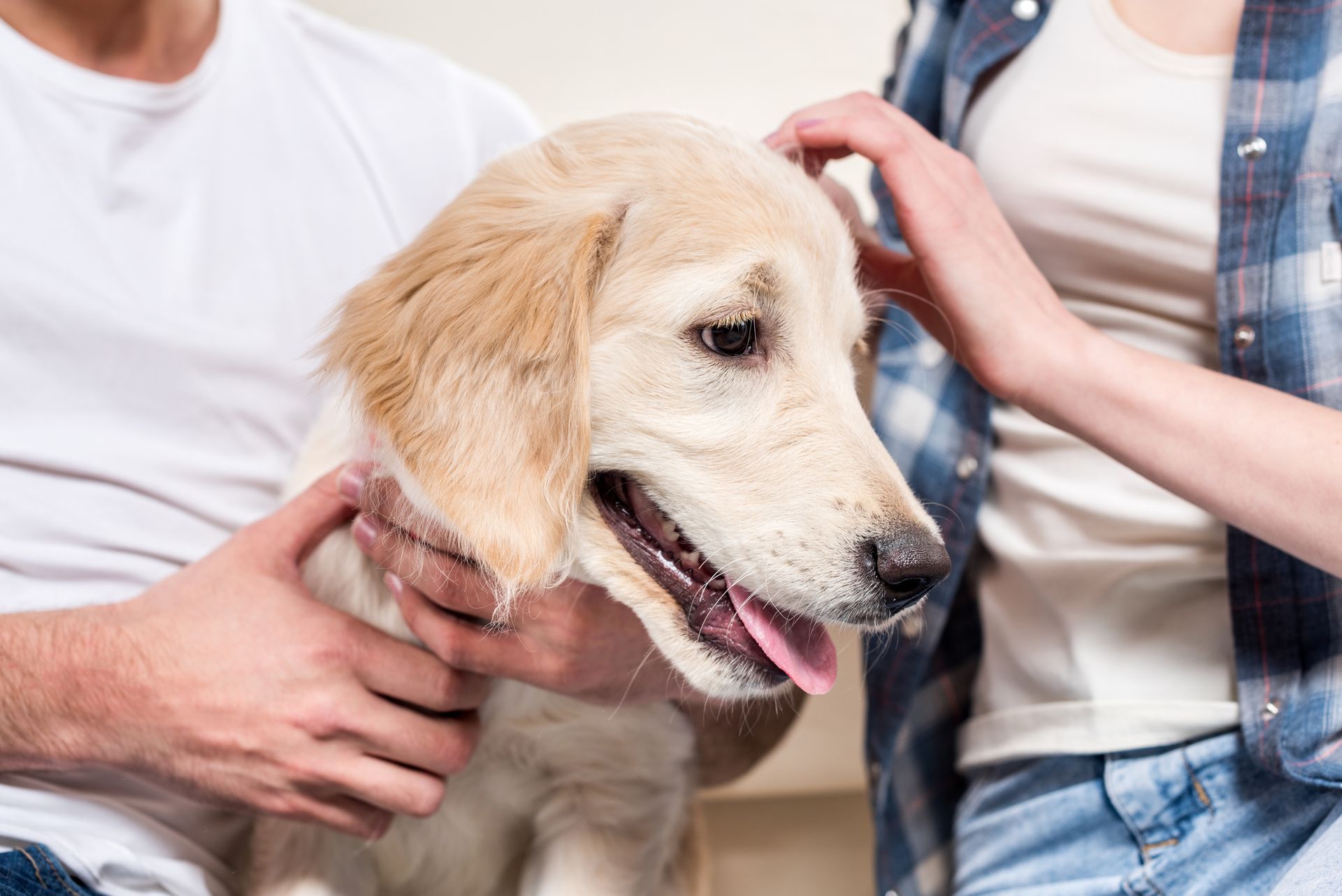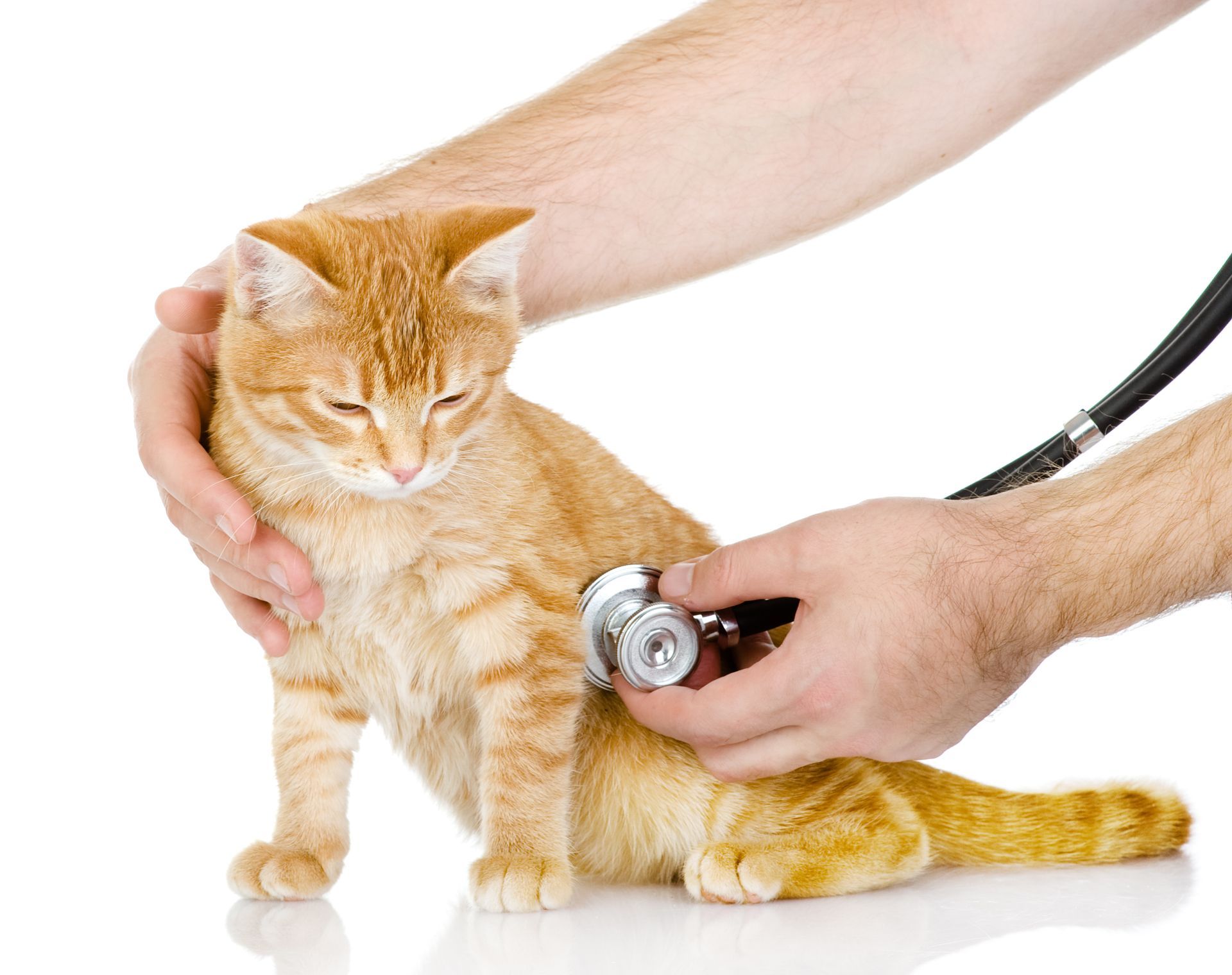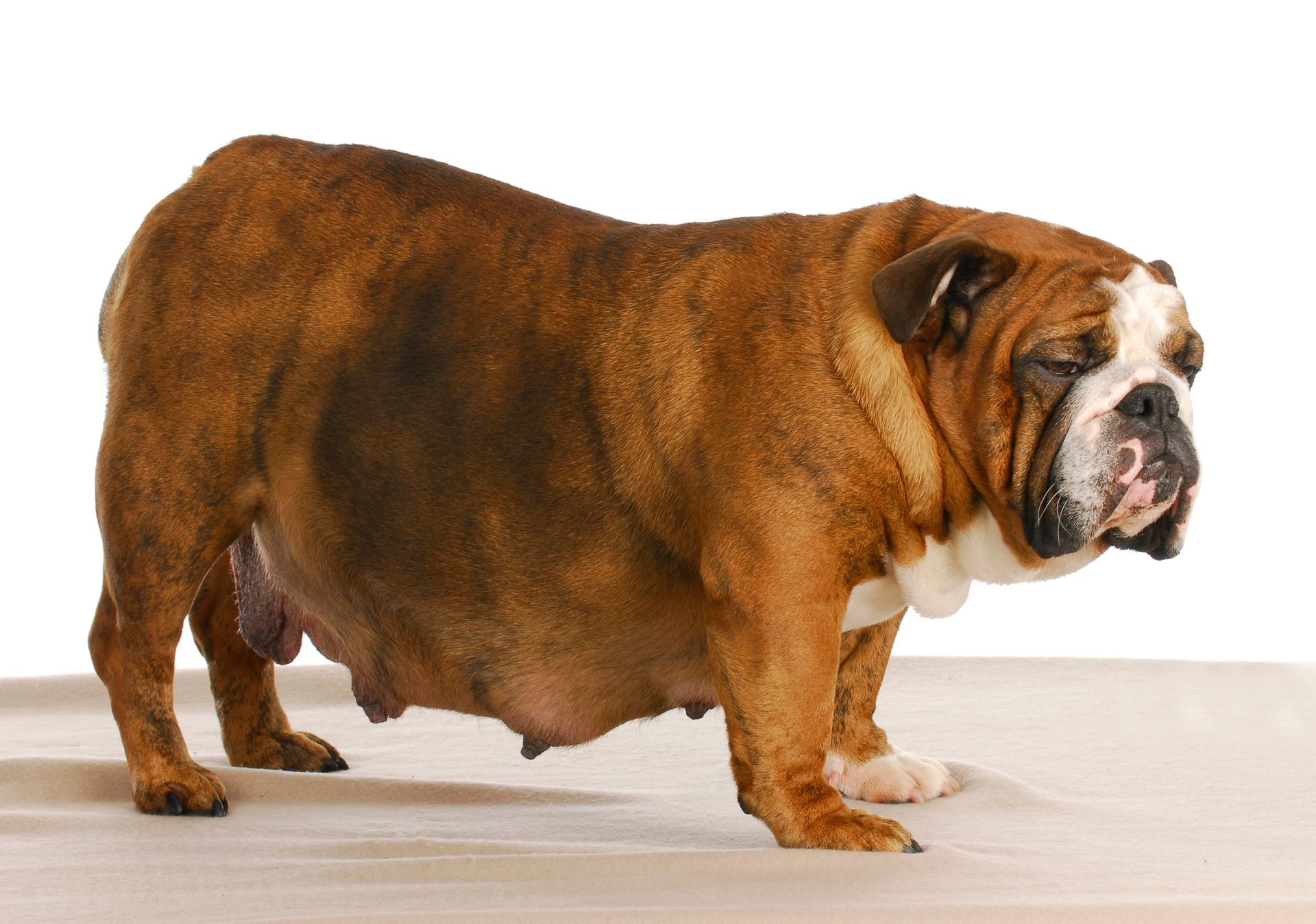What Owners Should Know About Brachycephalic Dogs
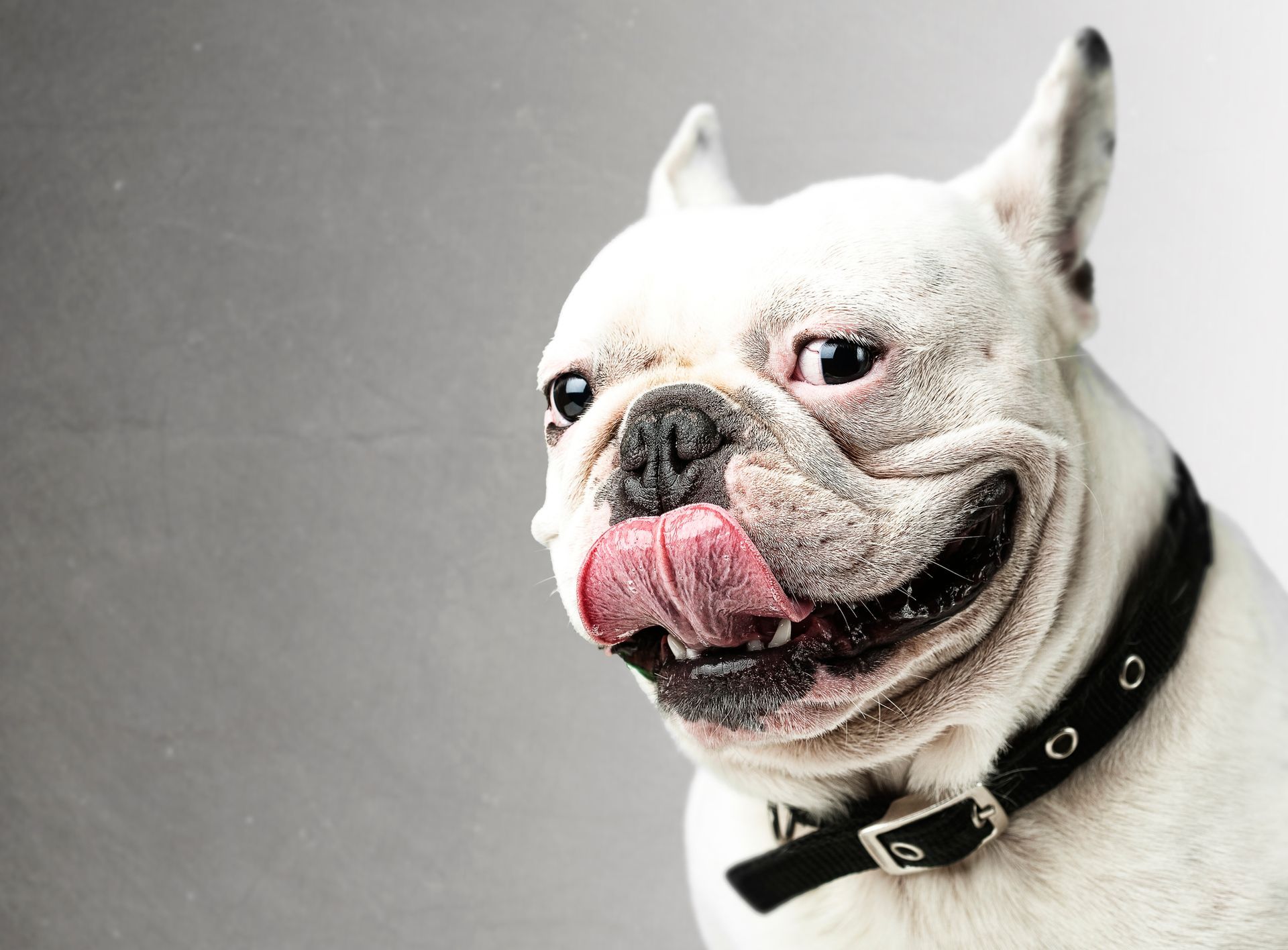
Brachycephalic breeds with flat faces and short noses count among the world's most popular dogs. If you own a Shih Tzu, Boston Terrier, French or English Bulldog, Pug, Pekingese, English Mastiff, or Cavalier King Charles Spaniel, to name just a few, you own a brachycephalic dog prone to specific health risks and conditions.
Once you understand some key points about how these animals' facial structure affects their wellness, you can do the best possible job of helping your four-legged friend breathe optimally and enjoy a safer, healthier lifestyle. Take a moment to broaden your knowledge about caring for a brachycephalic dog.
Brachycephalic Dogs Can Experience Multiple Health Issues
Dogs with flat faces commonly suffer from an issue known as brachycephalic obstructive airway syndrome (BOAS). Dogs with this form of respiratory trouble may snore loudly, snort during physical activity, and occasionally retch or vomit. They may prove unable to tolerate strenuous exercise.
The health conditions associated with brachycephalic breeds don't end with breathing problems. The eyes of flat-faced dogs tend to bulge outward, increasing their risks for eye irritation, injuries, or even an eye popping out of its socket. Their short jaws may crowd teeth, encouraging dental plaque, cavities, and infections.
You may love the cute wrinkles and folds on your brachycephalic dog's face. However, those endearing folds can allow oils and bacteria to accumulate. This accumulation may make your dog especially vulnerable to skin infections.
Hot Weather Spells Trouble for Brachycephalic Dogs
As much as dogs and their owners may love summer fun, hot weather can place brachycephalic animals in special danger. While any dog can fall prey to heatstroke under the right conditions, flat-faced animals face an elevated risk of this potential killer. Their short airways don't dissipate as much heat as a longer snout can.
A research study showed that brachycephalic dogs who exercised under hot, humid conditions developed shortness of breath much faster than other dogs. A rise from 71.6 degrees to 91.4 degrees Fahrenheit also caused the brachycephalic dogs in the study to overheat before longer-faced animals in conditions of 62 percent humidity.
Proper Care and Precautions Can Reduce Risks
Thankfully, brachycephalic dogs can still thrive as long as their owners pay attention to their condition and take precautions to preserve their well-being. For instance, keep your dog out of extremely hot and humid weather and provide it with plenty of regular but non-strenuous exercise in moderate temperature and humidity ranges.
Because obesity can aggravate a brachycephalic dog's breathing struggles, you'll want your dog to maintain a healthy weight for its age and frame. Regular exercise and careful feeding practices can help. Clean your dog's skin folds regularly, schedule professional dental cleanings, and watch for any signs of eye problems.
Surgery Can Sometimes Help Brachycephalic Dogs
If a particular obstruction at any point along your dog's airway makes breathing a chore, veterinary surgery may eliminate or greatly reduce that obstruction. One typical corrective procedure involves widening the openings to the nostrils. This simple procedure may allow your dog to inhale more easily and with less negative pressure.
Veterinarians can also shorten an abnormally long soft palate, another potential barrier to normal breathing in brachycephalic dogs. Some dogs might need surgical removal of their laryngeal saccules, pockets of tissue near the vocal cords that can go inside-out due to strong negative pressure while inhaling.
If your brachycephalic canine pal struggles with breathing problems or other health issues, bring it to Angel Pet Hospital for evaluation. Our skilled veterinary team can treat health concerns, provide healthy lifestyle guidance, and tell you whether your pet can benefit from corrective surgery. Contact our animal clinic for an appointment.


